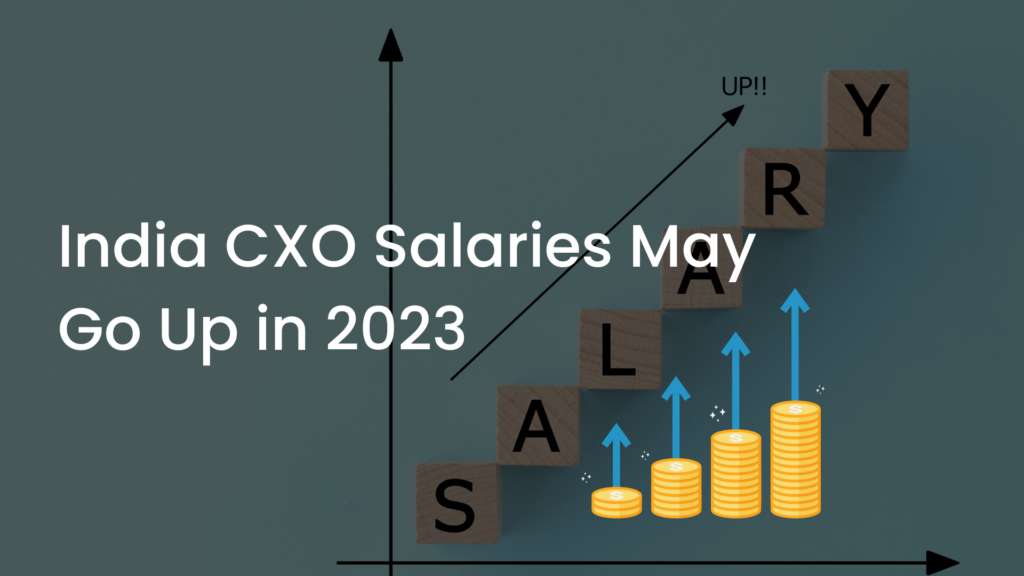According to a new research, after two years of bad circumstances when business was slow and remunerations were low, top-level executives in India might expect wage increases in the region of 9% in 2023. According to Aon’s Executive Rewards Survey, while the raises obtained by senior management in 2022 were mainly a product of pent-up effect from prior years, things might turn for the better this year. According to the research firm, it reviewed data from 519 organisations throughout India encompassing 25 industries for the report.

According to an ET article, Pritish Gandhi of Aon suggested that increments were low in 2022 and that a substantial percentage of senior workers had to forego variable compensation. According to the poll, average raises in 2023 will be approximately 9.1%, which is lower than the 9.7% reported in 2022, when compensation gains saw a post-pandemic adjustment.
CEO pay increased in 2022, but there’s a catch. According to the research, the average CEO salary in FY23 was Rs.8.4 crore, a 21% rise over the previous four years. According to the study, this figure was Rs.7.05 crore in the previous fiscal year. Gandhi was cited as adding that over the preceding five years, the share of CEO ‘compensation at risk’ increased from 50% to 60%. In the United States, this figure equals 87% of total remuneration and refers to the sum of performance-based variable pay and long-term incentives. For the time being, wage increases for senior executives remain under scrutiny, with pay at risk being the most important element. The emphasis is on the value these leaders offer to the organisation.
CFOs get the greatest deal, while CTOs come in second. The poll also revealed that CFOs were the highest paid members of the C-suite in the majority of the BSE-100 businesses who participated in this survey. The average overall cost to the organisation was Rs.3.99 crore, closely followed by the CTO, whose average package was roughly Rs.1.97 crore. Before, the COO was ranked second to the CFO. The trend in favour of CTOs may be due to their responsibilities in digital transformation initiatives that many organisations are pursuing or have deployed through external suppliers. It might also imply the value that a technological mind offers to a conventional firm in these exciting times when digital is the way to go.
Diversity is important to the IESG as well. When it comes to board members and senior management, one-third of the organisations polled stated they were working on increasing diversity. These boards were also including ESG considerations, diversity, and succession indicators into long-term and short-term goals for CEOs and other C-suite members. In terms of the overall pay-at-risk package, the long-term incentives component increased to 40% of total compensation during FY23, up from around 26% in 2015-16, indicating that enterprises and their boards want top executives to be committed to the company for a longer period of time rather than moving in and out every two years.
The CEO’s long-term incentives stood at Rs.10 crore, or nearly 176% of their average fixed compensation, among the top 30 businesses listed on the BSE. According to the poll, for others such as the COO and CFO, this figure was roughly 104% of the fixed salary, with remuneration and associated governance being a critical aspect for organisations establishing a resilient workforce.